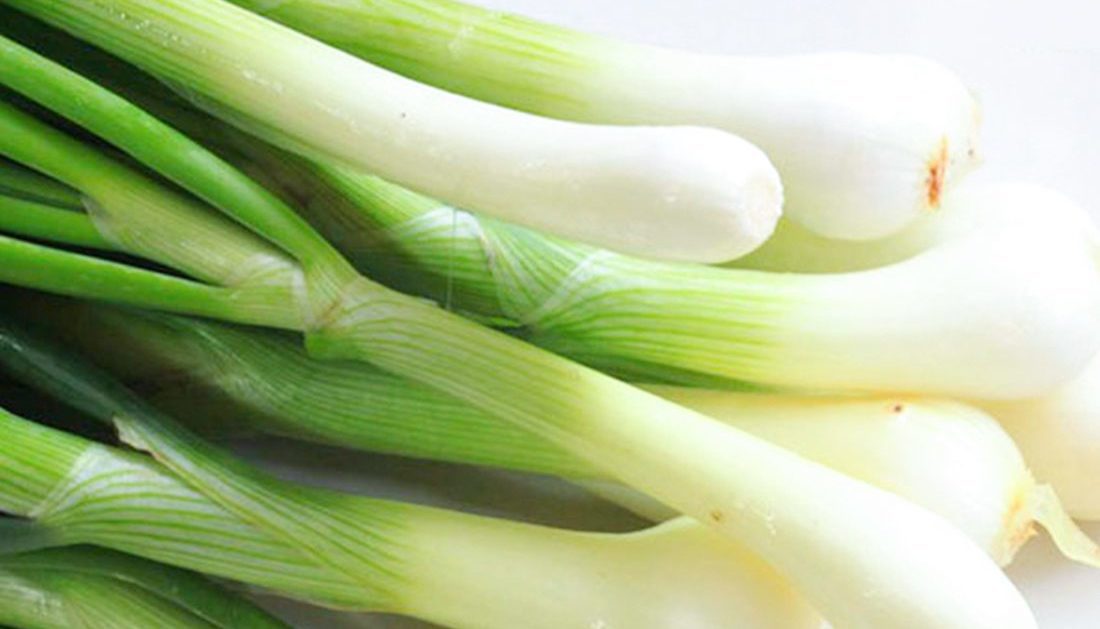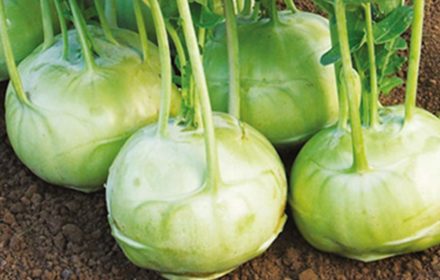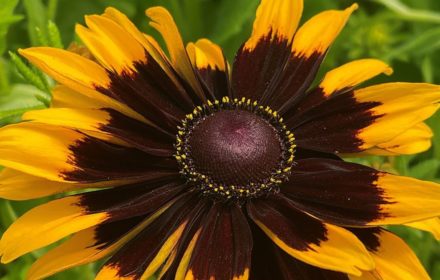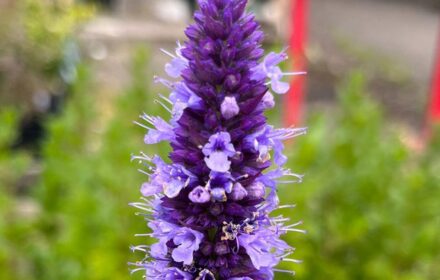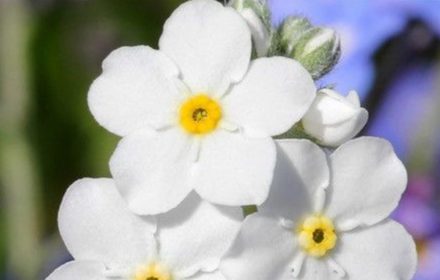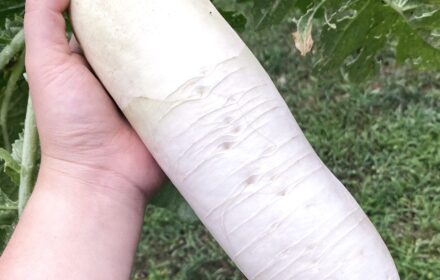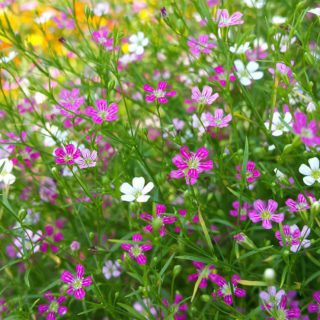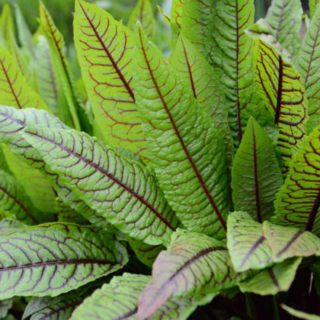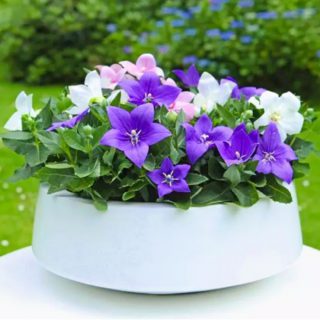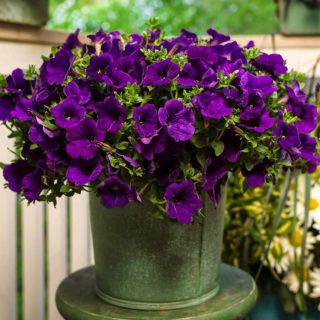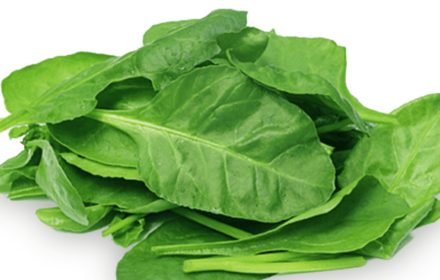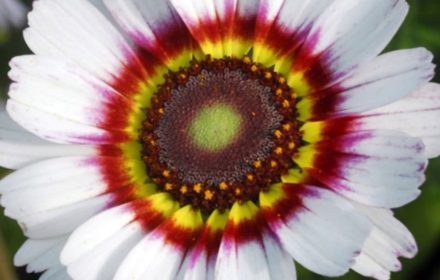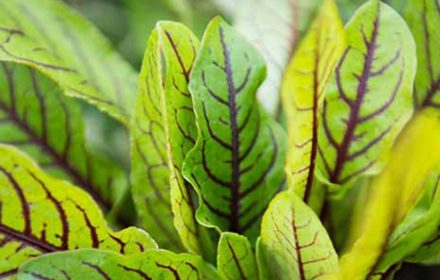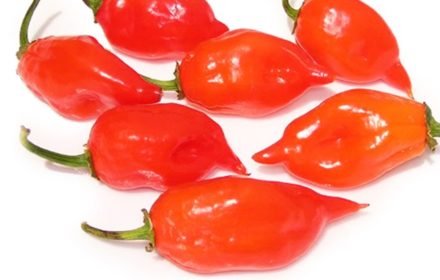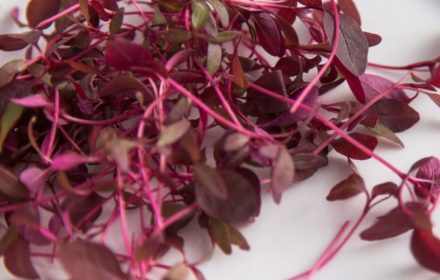How to Grow Mini Welsh Onions from Seeds
Mini Welsh Onions (Allium fistulosum) are compact, perennial members of the onion family, ideal for vegetable patches and containers. Known for their delicate, green stems and mild onion flavour, these onions are perfect for adding to salads, soups, and stir-fries. With a maximum height of around 30 cm (12 inches), they take up minimal space and are easy to grow, making them a great choice for both novice and experienced gardeners. Mini Welsh Onions produce attractive white, fluffy flowers in early summer, and the plants remain green year-round. Follow this guide to successfully sow and grow Mini Welsh Onion seeds in your UK garden.
When and Where to Sow Mini Welsh Onion Seeds
- Indoor Sowing: Start seeds indoors or in a greenhouse from late winter to early spring (February to April) to give the plants a head start. This method is ideal for earlier harvests and allows you to transplant well-established seedlings outdoors when the weather warms up.
- Outdoor Sowing: Direct sow seeds outdoors from late April to early summer, once the soil has warmed and there is no risk of frost. Mini Welsh Onions thrive in well-drained soil and can be grown in full sun or partial shade.
Preparing the Soil for Welsh Onion Plants
- Soil Requirements: Welsh Onions prefer well-drained, fertile soil with a slightly acidic to neutral pH (6.0-7.0). Prepare the soil by incorporating compost or well-rotted manure to enhance its fertility and texture. Avoid waterlogged soil, as this can hinder germination and root development.
- Location: Choose a sunny or partially shaded spot for planting. Mini Welsh Onions can tolerate light shade, but full sun will encourage stronger growth and flavour.
- Temperature: The ideal germination temperature is between 15-20°C (59-68°F). Protect seedlings from frost by starting them indoors or using cloches and fleece outdoors until they are well-established.
How to Sow Mini Welsh Onion Seeds Indoors
- Sowing Depth and Containers: Fill seed trays or small pots with seed compost. Sow seeds at a depth of about 1 cm (½ inch). Space the seeds about 2-3 cm apart, covering lightly with compost. Firm gently and water well.
- Germination Conditions: Place the trays in a warm, bright location such as a windowsill or greenhouse. Keep the temperature between 15-20°C. Cover with a clear plastic lid or polythene bag to retain moisture and humidity but ensure good ventilation to prevent mould.
- Watering: Keep the compost consistently moist but not waterlogged. Water gently to avoid disturbing the seeds. Seedlings should emerge within 10-14 days.
- Thinning and Growing On: Once seedlings have developed a few true leaves and are large enough to handle, thin them out to one plant per station or pot. Allow the plants to grow on for 5-6 weeks before transplanting outdoors.
- Hardening Off: Gradually acclimatise seedlings to outdoor conditions by placing them outside during the day and bringing them in at night for 7-10 days before planting out.
How to Sow Mini Welsh Onion Seeds Outdoors
- Sowing in Rows: Direct sow seeds into well-prepared soil, spacing rows about 23 cm (9 inches) apart. Sow the seeds thinly at a depth of 1 cm (½ inch), spacing them approximately 2-3 cm apart within the row.
- Covering and Watering: Lightly cover the seeds with soil and water gently to settle. Keep the soil moist during the germination period, ensuring it doesn’t dry out.
- Thinning: When seedlings are about 5 cm (2 inches) tall, thin them out to one plant every 10-15 cm (4-6 inches). Thinned seedlings can be used as baby onions or in salads.
Caring for Mini Welsh Onion Plants
- Watering: Water regularly to keep the soil evenly moist, especially during dry spells. Avoid letting the soil dry out completely, as this can stress the plants and reduce yield.
- Feeding: Apply a balanced liquid fertiliser every 4-6 weeks during the growing season to support healthy growth. Avoid over-fertilising, which can result in lush foliage with less flavour.
- Mulching: Apply a thin layer of organic mulch around the base of the plants to help retain moisture, suppress weeds, and regulate soil temperature.
- Deadheading: Remove flower heads once they start to fade to encourage continued leaf growth and prevent the plants from putting energy into seed production.
Harvesting and Using Mini Welsh Onions
- Harvesting Time: Mini Welsh Onions can be harvested as soon as they reach a height of 15-20 cm (6-8 inches). For a milder flavour, harvest the young leaves when they are tender. For a stronger flavour, allow the plants to mature fully.
- How to Harvest: Cut the leaves at the base, leaving about 2 cm (1 inch) of the plant above the soil. This will encourage regrowth and provide multiple harvests throughout the season.
- Continuous Harvest: For a continuous supply, sow seeds every 2-3 weeks from spring to mid-summer. This ensures a steady harvest throughout the growing season.
- Using in the Kitchen: Mini Welsh Onions have a mild, sweet flavour similar to spring onions. Use them fresh in salads, stir-fries, soups, and as a garnish. The whole plant is edible, including the bulb and leaves.
Common Issues and Tips for Growing Welsh Onions
- Pest Control: Welsh Onions are generally pest-resistant, but watch out for onion fly and aphids. Use organic insecticides or natural predators like ladybirds to manage infestations. Keep an eye on young seedlings, as they can be vulnerable to slugs and snails.
- Preventing Bolting: Bolting can occur in extreme temperatures or if the plants are stressed. Maintain consistent soil moisture and avoid sudden temperature changes to reduce the risk of bolting.
- Companion Planting: Welsh Onions are excellent companion plants for carrots, lettuce, and strawberries, helping to repel pests like carrot fly and aphids.
Common Questions About Growing Mini Welsh Onions
- Can Welsh Onions be grown in containers? Yes, Welsh Onions are well-suited to container growing. Use a pot that is at least 20 cm (8 inches) deep with good drainage. Water regularly and position the container in a sunny location.
- How do I prevent my onions from becoming bitter? Bitter onions can be caused by inconsistent watering or poor soil conditions. Keep the soil evenly moist and ensure it is well-drained and fertile for the best flavour.
- Do Welsh Onions need to be overwintered? Welsh Onions are hardy perennials and can survive mild UK winters. In colder areas, protect the plants with a layer of mulch or fleece to prevent frost damage.
By following these steps, you can enjoy a bountiful harvest of Mini Welsh Onions in your garden. Whether used as a culinary ingredient or as a decorative plant, these versatile onions are a valuable addition to any UK garden.

